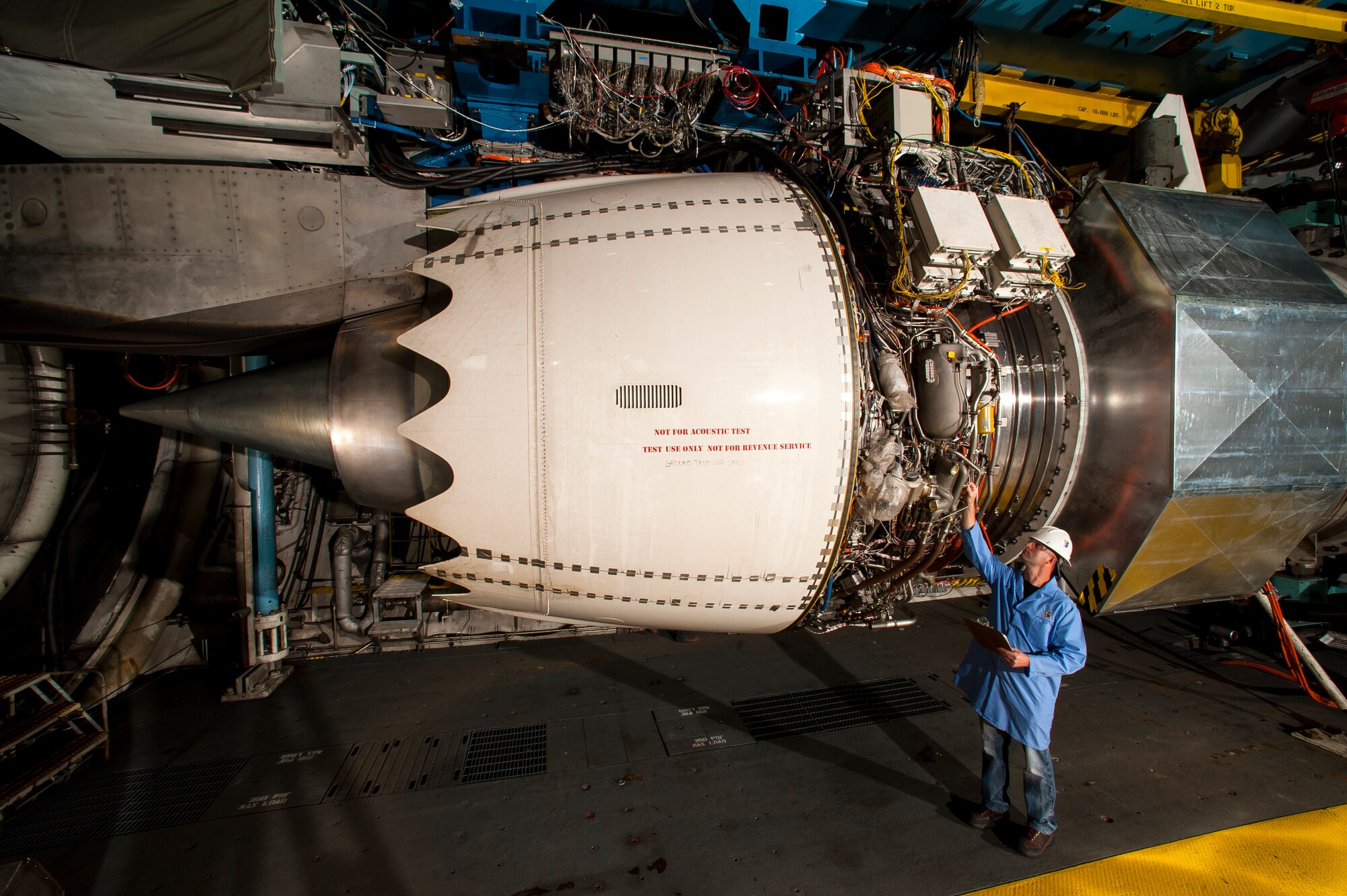EN 324 Solid Rocket Motor Performance Testing
The EN 324 standard specifies the methods of testing solid rocket motors to ensure compliance with requirements for safety, performance, and reliability. This test is crucial in the aerospace and aviation sectors where propulsion systems are critical components ensuring mission success. Compliance with this standard guarantees that the motor will perform reliably under operational conditions.
Testing involves several stages including pre-test preparations, ignition, measurement of thrust, burn duration, pressure, temperature, and other parameters. The test setup includes a controlled environment to simulate actual flight conditions. The specimen is typically prepared by carefully selecting the propellant composition, grain configuration, and igniter design.
The testing process begins with thorough inspection to ensure there are no defects or anomalies that could compromise the performance of the motor. Once approved, the motor undergoes a series of tests aimed at assessing its ability to generate thrust reliably over time. The test is conducted in a high-bay facility equipped with specialized instrumentation capable of measuring various parameters.
The data collected during each test run is analyzed meticulously to ensure that all performance metrics meet or exceed the specified requirements set forth by EN 324. This includes peak thrust, total impulse, specific impulse, and burn duration among others.
Post-test analysis helps identify any areas for improvement which can then be addressed before proceeding with further tests if necessary. This ensures that only motors meeting all performance criteria pass this stringent test procedure.
In addition to ensuring compliance with international standards like EN 324, our laboratory also adheres strictly to ISO/IEC accreditation requirements, guaranteeing accurate and reliable results every time.
The importance of proper testing cannot be overstated as it directly impacts the safety and effectiveness of rocket propulsion systems. By adhering closely to these guidelines, we ensure that each motor produced meets strict quality standards, thereby enhancing overall mission success rates.
Industry Applications
| Application | Description |
|---|---|
| Military Defense Systems | Testing solid rocket motors used in missiles and rockets to ensure they function correctly under extreme conditions. |
| Aerospace Propulsion | Evaluating the performance of engines powering commercial aircraft or spacecraft during various phases of flight. |
| Space Exploration | Verifying that launch vehicles meet necessary specifications before being sent into space for exploration missions. |
| Rocket Launch Systems | Ensuring the reliability and safety of rocket engines during pre-launch preparations and actual launches. |
| Aircraft Testing | Evaluating components of aircraft engines to ensure they operate safely within expected ranges. |
| Research & Development | Developing new rocket motor designs that comply with current and future regulatory requirements. |
Why Choose This Test
The EN 324 standard provides a robust framework for assessing the performance of solid rocket motors, ensuring they meet stringent safety and reliability criteria. The comprehensive nature of this testing ensures that potential issues are identified early on in development cycles, allowing manufacturers to address them promptly.
By adhering strictly to these standards, companies can demonstrate their commitment to quality control while also minimizing risks associated with non-compliant products entering the market. This enhances customer confidence and strengthens brand reputation significantly.
The detailed data gathered through rigorous testing allows engineers to refine designs continuously based on real-world performance metrics rather than theoretical calculations alone. Such continuous improvement efforts lead to better-performing rockets capable of achieving higher altitudes or carrying heavier payloads more efficiently.
Furthermore, compliance with international standards such as EN 324 not only meets regulatory obligations but also opens up opportunities for exporting products internationally since many countries adopt these standards themselves.
To summarize, choosing to undergo EN 324 testing offers numerous advantages including enhanced product quality, improved safety margins, increased market access, and reduced development costs due to early identification of problems.
Quality and Reliability Assurance
The process of ensuring that solid rocket motors meet the stringent requirements set forth by EN 324 involves multiple stages starting from initial design reviews followed by comprehensive testing procedures. Our laboratory employs state-of-the-art equipment to conduct these tests accurately and efficiently.
During each test, we carefully monitor key performance indicators such as thrust generation, burn rate, chamber pressure, specific impulse, and exhaust velocity among others. These measurements are recorded at precise intervals throughout the burning period providing detailed insights into how well the motor performs under actual operating conditions.
In addition to quantitative data collection, qualitative observations play an important role in assessing overall performance. Our experienced technical staff closely watches for any signs of deviation from expected behavior which could indicate underlying issues requiring further investigation or modification.
Once all tests are completed successfully, we issue detailed reports outlining findings and recommendations based on our analysis. These reports serve as valuable reference documents not only for internal use but also when presenting results to clients or regulatory bodies.
We take pride in maintaining high standards of accuracy and reliability throughout every step of the testing process ensuring that each report produced reflects true performance capabilities accurately. Compliance with international standards like EN 324 combined with strict adherence to ISO/IEC accreditation requirements further reinforces our commitment to excellence.





